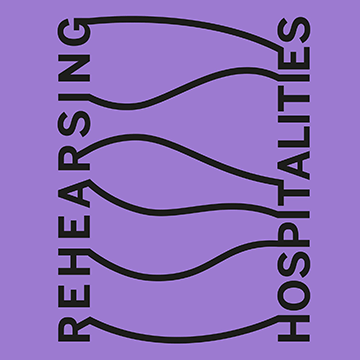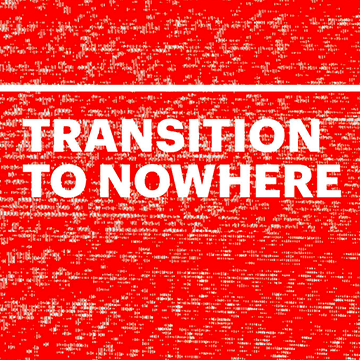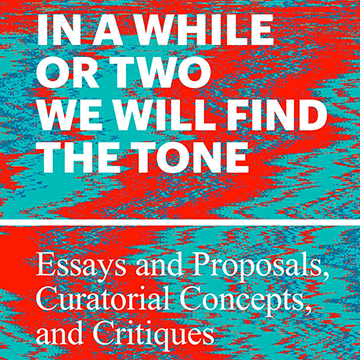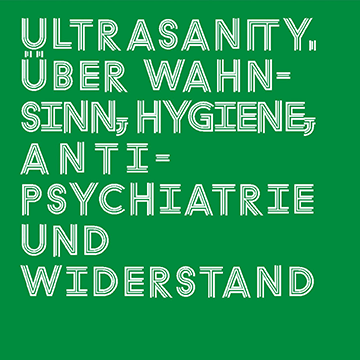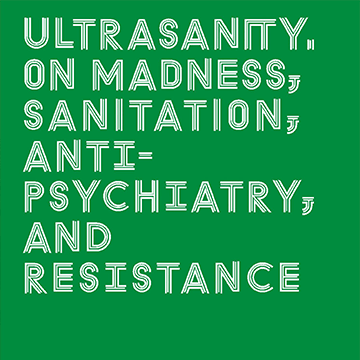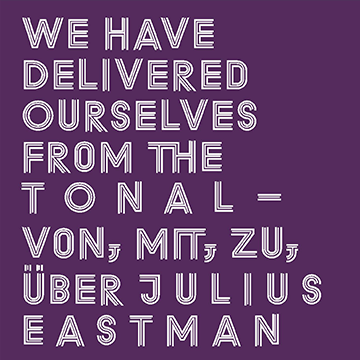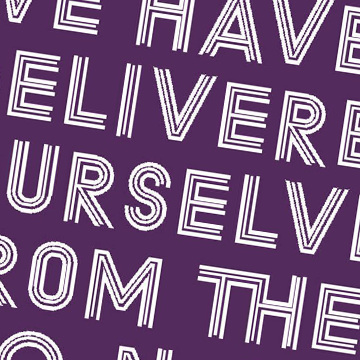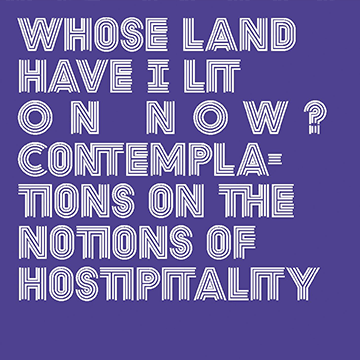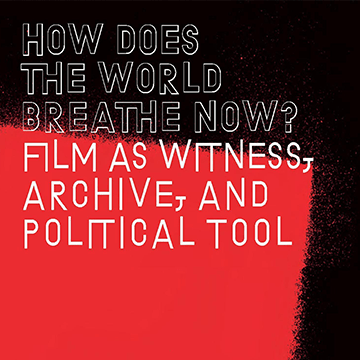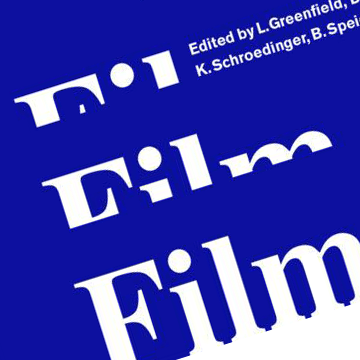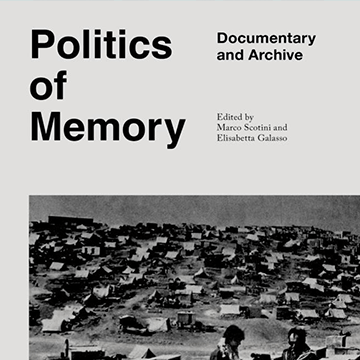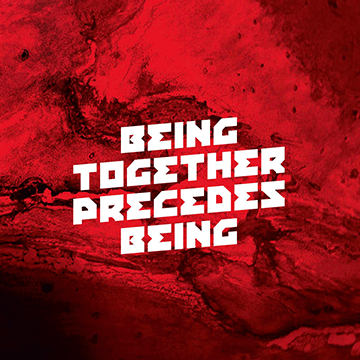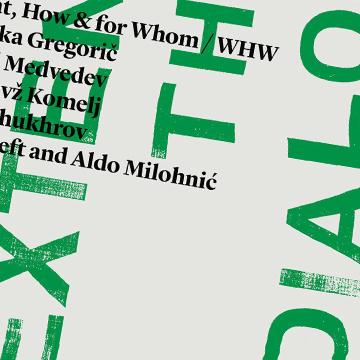Upon what kind of power structures of knowledge and knowing are contemporary art and artistic institutions dependent? Do practitioners in the art field reproduce oppressive Western epistemic paradigms through artistic practices and institutional structures, and if so, is there space for emancipatory ways of knowing? What are the ways that intersectional subjectivities open up new epistemic processes within the artistic field? These are among the questions and considerations that provide a critical lens for the 2019 Rehearsing Hospitalities programme.
Category: Anthology
Transition to Nowhere
Today, after Post-Communism has ended in chaos and confusion, we are entitled to ask: was it a condition, or a transition; a rise or a decline; progression, regression or simply a time-lag? Has it ever shaped its own form of social being, a unique mode of economic production, a politics of its own, a culture? Or was it just another interregnum of history, full of morbid symptoms we cannot get rid of?
In a While or Two We Will Find the Tone
Bonaventure Soh Bejeng Ndikung’s expanded curatorial practice delineates the space of exhibition making as a space of critical thinking and of experimentation. By proximity, the texts in this anthology, echo each other, resonate with each other, interfere with each other, and present perspectives on the political, poetic, and philosophical potentials of exhibition making, beyond the tight corset of the discipline itself.
U L T R A S A N I T Y
Dieses Buch legt eine Auswahl von Worten, Arbeiten und Bildern offen, die es geprägt, angestiftet und verkörpert haben. Es wurde nicht einfach als ein Ausstellungskatalog realisiert, sondern als eine Publikation die einen Rechercheverlauf nachverfolgt, als eine Gelegenheit SAVVYs kuratorischen Vorschlag um eine zusätzliche chorale Perspektive zu erweitern.
U L T R A S A N I T Y
This publication unfolds as a collection of words, works, and images that informed, incited, and embodied SAVVY Contemporary’s project Ultrasanity. On Madness, Sanitation, Antipsychiatry, and Resistance, an exhibition and research project on the elasticity of sanity.
We Have Delivered Ourselves From the Tonal
We Have Delivered Ourselves from the Tonal — Von, mit, zu, über Julius Eastman ist eine Auswahl von Essays, Libretti, Liedtexten, Erinnerungen, Fotos und persönlichen Anekdoten von Musiker*innen, bildenden Künstler*innen, Forscher*innen und Archivar*innen, die dem Werk und Leben des afroamerikanischen Komponisten, Musikers, Performers und Aktivisten Julius Eastman Ehre erweisen.
We Have Delivered Ourselves From the Tonal
We Have Delivered Ourselves from the Tonal — Of, Towards, On, For Julius Eastman is a collection of essays, librettos, lyrics, memories, photos, personal anecdotes by musicians, visual artists, researchers and archivers that pays homage to the work and life of African-American composer, musician, performer, activist Julius Eastman.
Whose Land Have I Lit on Now?
The unlikely seemed possible in the summer of 2015, as thousands of immigrants from mostly Syria made their way to Germany and Angela Merkel made the statement “Wir schaffen das” (We can do it/ we can cope with it). A German's venture into open hospitality was being witnessed as the country celebrated its newfound “Willkommenskultur.”
How Does The World Breathe Now?
The film series conceived of by SAVVY Contemporary, which ran from September 2016 through March 2018, was a response to our own dismay at the continued injustices that the world faces. Each week SAVVY invited a different speaker who would choose a film that she or he felt answered, or asked more questions of, the question, “how does the world breathe now?”
Film in the Present Tense
This book brings together contributions from participants and guests of Film in the Present Tense – International Symposium on Current Developments in Analog Film Culture, held in Berlin. It reflects a contemporary discussion around the use, value and purpose of analogue film from a multiplicity of perspectives: artists, filmmakers, scholars, archivists, curators, technicians and manufacturers. Film in the Present Tense intends to provide a documentation of the collective momentum that characterized the symposium and it responds to the persistent desire to keep talking about analogue film.
Politics of Memory
The anthology Politics of Memory aims to investigate the document as such, as an objective trace left by events, as material proof or the creation of reality – the strategies with which they transform a state of memory into State memory, those by means of which a historical removal is enacted, those, ultimately, in which there is an attempt to challenge permanent or temporary amnesia, opening up to the future. The artists and filmmakers contributing to this publication represent the most advanced area on an international scale of a research that inaugurates a new relationship between artistic practices and the documentary.
Being Together Precedes Being
Being Together Precedes Being offers a text book for the project “The Kids Want Communism,” which was initiated towards the 99th anniversary of the Soviet Revolution of October 1917 as a series of exhibitions, symposiums and conferences, screening programs, publications and a summer camp. In this textbook, communism does not merely describe an “us versus them” relation, but also offers that we are becoming the future. This trajectory of communism runs parallel to us at every single moment and its guiding principle is that being together precedes being.
Extending the Dialogue
The authors whose writings appear in this book come from twelve different countries and represent a range of disciplines and interests: they are art historians, philosophers, cultural theorists and activists, critics, curators, and poets, with most of them falling into at least two or three of these categories. All have made important contributions to contemporary art and cultural production, art history writing, and critical thought within, and sometimes far beyond, the region once known, problematically, as ‘Eastern Europe.’
